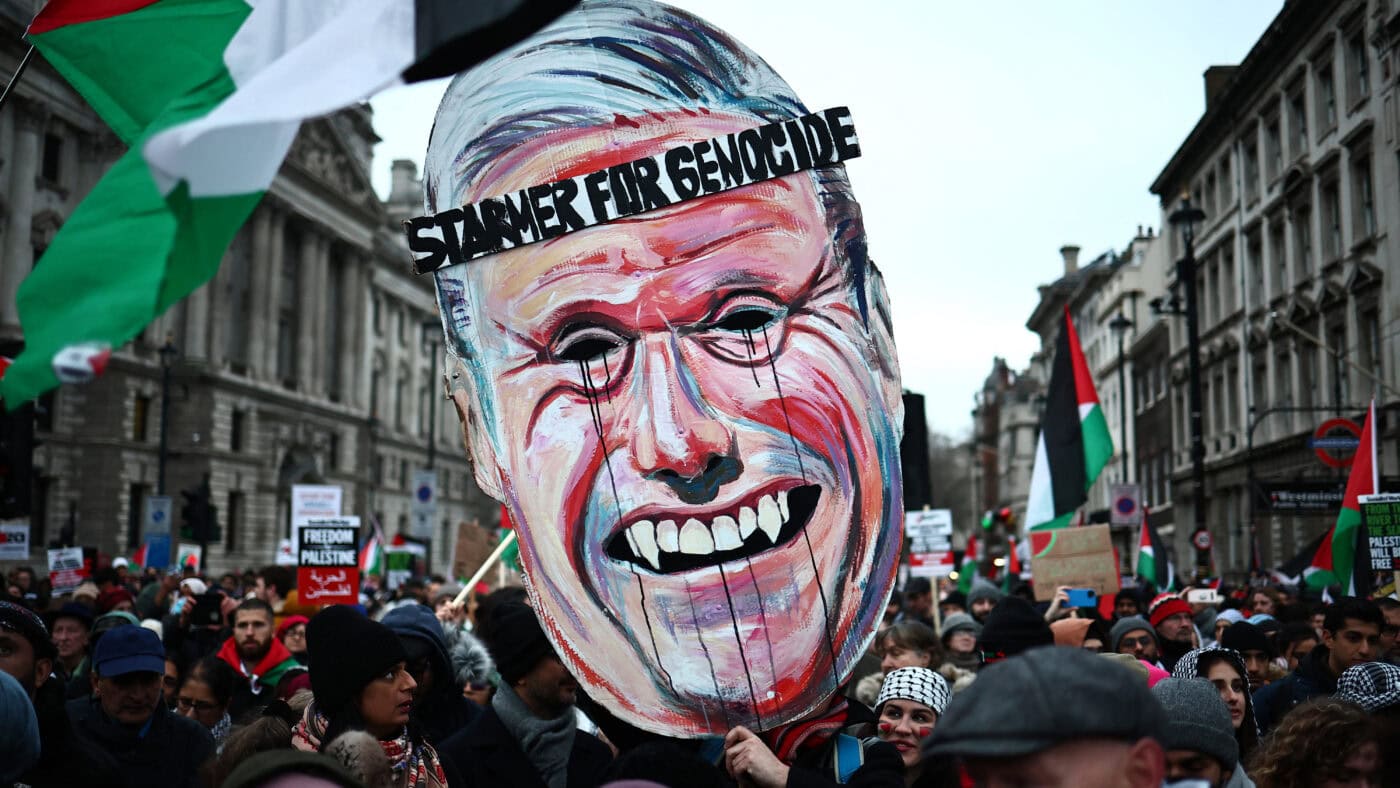In the aftermath of the attempted assassination of former US President Trump over the weekend, the world’s media will rightly be analysing the extremist ideologies and narratives that drove the gunman to commit such an act. Many will reflect on the general election campaign here as by all comparisons cordial and uneventful – but they’d be wrong.
Admittedly, now our election is over, all the major players are getting on with life and have accepted the democratic outcome. Keir Starmer is busy governing (so that’s how it’s done), Rishi Sunak is learning to be graceful in defeat and Nigel Farage is basking in the fading spotlight. It’s all been quite cordial, except that Labour MP after Labour MP after former Labour MP has come forward in recent days to talk about the violence and abuse they faced from some activists on the campaign trail.
Perhaps of even greater concern is that some of these divisive campaigns succeeded in ousting the local incumbent Labour MPs, and the victors are now settling into Parliamentary offices with little media scrutiny. Former Leicester South MP Jonathan Ashworth was one of those who was caught by surprise on election night, as he was replaced by the independent candidate Shockat Adam. One of Adam’s vocal supporters, Majid Novsarka, was last week arrested and charged with terrorism offences, although there is no suggestion of a direct relationship between the two men. Some of the leaflets distributed in the constituency are also now being investigated by police under Representation of the People Act 1983. Adam denies any responsibility for the election materials involved.
Ashworth was one of four Labour candidates who fell to similar fates on election night. The constituencies of Birmingham Perry Barr, Blackburn and Dewsbury and Batley were all won by candidates backed by the Muslim Vote, a grassroots campaign to elect MPs who supported a ceasefire in the Israel-Hamas war as well as backing broader commitments to ending anti-Muslim discrimination and increasing government support for the poorest constituencies. Among other demands, the Muslim Vote’s platform includes a call for the government to scrap its definition of extremism and engage constructively ‘with grassroots Muslim organisations enjoying popular support’.
The issues go far wider than just four campaigns. Jess Phillips, the fantastically outspoken MP for Birmingham Yardley, has called out the threatening behaviour and intimidation she and other women on her team faced while out campaigning. One of her volunteers had her tyres slashed. Phillips had to deliver her election victory speech against a background of misogynistic booing, defiantly responding: ‘I understand that a strong woman standing up to you is met with such reticence’.
In Bethnal Green and Stepney, Rushanara Ali also needed police protection during the campaign due to ‘death threats and voter intimidation’. And new Justice Secretary Shabana Mahmood called the behaviour she experienced during the campaign an ‘assault on democracy’.
Baroness Shaista Gohir, who leads the charity Muslim Women’s Network UK, said: ‘I’ve been really concerned observing what has been happening to the female candidates in areas where you have a significant Muslim electorate.’
As others have shown, had the Workers Party and pro-Gaza candidates been a single party they would have come second in Birmingham overall. Indeed pro-Gaza candidates were runners up in 16 constituencies. Had the vote not been split between Gaza-centric candidates, they’d have been the runner up in a further four and won Bradford West.
It would be easy for the new Labour government to push this issue into the long grass in the hope that the Gaza issue is dealt with long before the next election. But it shouldn’t be so naive to think that populists and extremists won’t attempt to capitalise on other Muslim-centric issues that will develop in the coming years.
If they’re clever they will enlist the help of Labour’s election mastermind, Morgan McSweeney, who has a long history of dealing with extremists. He has helped to dismantle the hard left within the Labour Party in recent years and dealt with Barking and Dagenham Borough Council’s BNP troubles in the late 2000s. He tackled the latter by getting to the root of voters’ concerns and swinging them back towards the Labour Party. It’s an example of how real, on-the-ground change can deradicalise voters. Replicating such a feat will be hard but the best place to start will be understanding the gripes of supporters and tackling the issues at the heart of it.
While our political leaders were not directly confronted by gunmen, our constituency MPs were threatened with violent attacks and an environment of acceptance has been established for this kind of assault on our liberal democratic values. The new government must deal with this issue head on. The tools to do so are now available to them.
Click here to subscribe to our daily briefing – the best pieces from CapX and across the web.
CapX depends on the generosity of its readers. If you value what we do, please consider making a donation.


